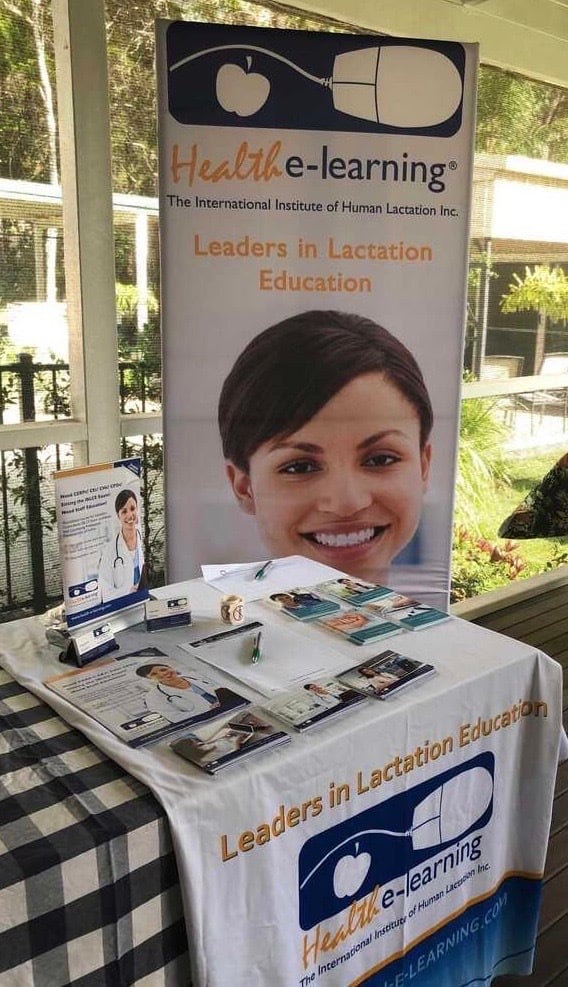Birthing and Empty Arms
“The pregnancy was uneventful and until this morning she had always felt the baby move. Today was different; the baby was quiet, very quiet. By lunchtime she noted she had not felt the baby move all morning. A visit to her doctor’s office revealed that at thirty-eight weeks’ gestation the baby’s heartbeat could not be found. She was immediately sent to the hospital’s birthing center. While this mother was experiencing a fog of emotions, her labor was induced. Ten hours later, she gave birth to a beautiful daughter: eight-pounds three-ounces, perfectly formed, yet stillborn” (shared by a bereaved family).
There is no universally accepted definition of fetal age to define stillbirth. It varies from twenty to twenty-eight weeks of gestation. “The reported incidence of stillbirth varies significantly between studies from different countries and depending on the definitions used, but generally ranges from 3.1 to 6.2/1000 births or 1 in 160 deliveries” (Tavares Da Silva et al., 2016). Pregnancy loss even as early as the beginning of the second trimester can result in an unexpected lactation occurrence.


